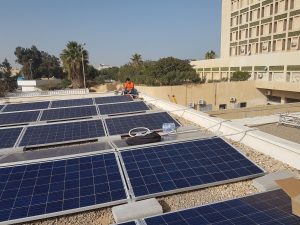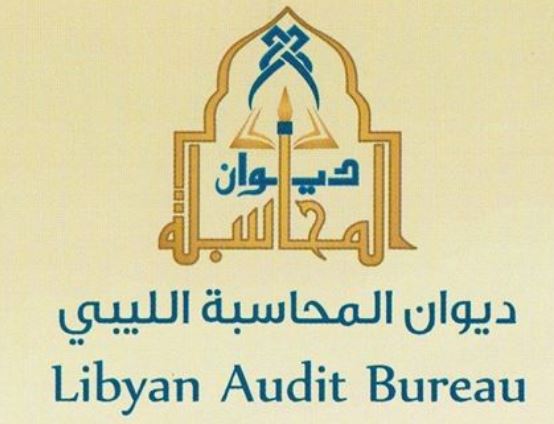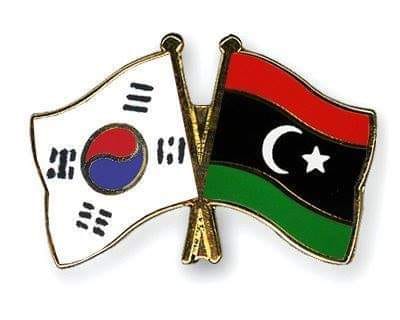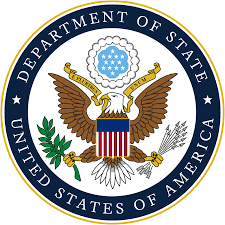By Sami Zaptia.

London, 21 November 2017:
The Tripoli Chamber of Commerce held a meeting yesterday at its headquarters on renewable energies (RE).
The meeting of Libyan private sector companies engaged in the RE sector discussed ways in which the Libyan authorities can help facilitate the development of the sector and create a localized industry.
Specifically, the meeting discussed the need to develop the nascent RE sector in Libya to generate electricity in order to ease the burden on the state electricity generation sector which has been struggling since the 2011 revolution to meet peak demand.
With this regard, the meeting called on the state to prioritize the sector by making the opening of Letters of Credit for the import of RE related equipment, knowhow and material more readily available.
It will be recalled that Libya is currently in the midst of an acute economic and financial crisis. Demand for LCs at the official exchange rate (LD 1.40 per US dollar) outstrips the availability of foreign exchange in the Central Bank of Libya.
With Libya suffering budget and balance of trade deficits, the state has been making up the short fall by spending from its reserves. To this end, foreign exchange is reserved for what the Libyan authorities deem as essential items such as food, medicine, fuel, the electricity sector etc. The Tripoli Chamber meeting was seeking to add RE to that list.
It will also be recalled that the meeting comes in the week when Tripoli witnessed the return of power cuts. The country as a whole had enjoyed about two months of uninterrupted power supply as the hot summer gave way to autumn.
However, with the fall in winter temperatures kicking-in this week, power cuts of about 2 hours have returned, and as the temperature continues to fall, longer power cuts are expected.
The RE lobby at its Tripoli Chamber meeting wishes to launch a RE sector in Libya, in line with the world-wide trend, to break the dependency on the fossil-fuel dependent state power generation sector.
It is worth also noting that the UNDP has been engaged in a nationwide project across Libya to install solar panels in hospitals to mitigate the crippling power cuts.
At a Libya investment conference in Istanbul in May, even GECOL, the monopoly Libyan state power generating body called for further investment in the RE. The GECOL speaker recognized that the state has very limited resources to invest and called for the RE sector to be opened up to the private sector.









